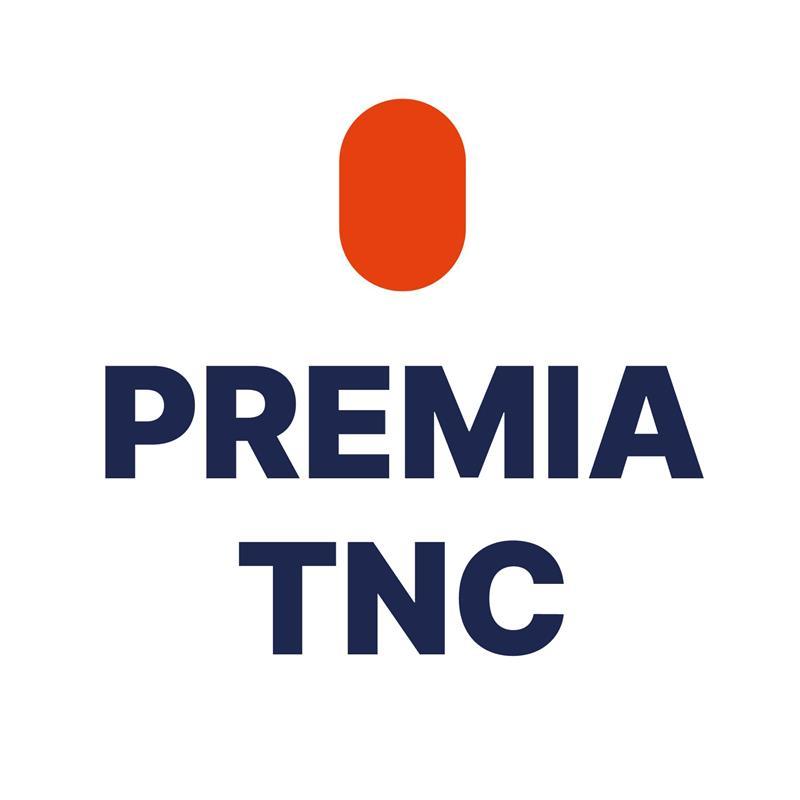

South Korea is geographically placed between two Asian Tigers: Japan and China. Despite its status as a highly developed country, this small country has been off the radar for many overseas businesses. However, the times are changing. Today, South Korea contributes an impressive 0.8% to the global economy, is the 10th-largest economy in the world, and the 4th-largest in Asia.
The country’s strong hi-tech economy is a world leader in producing and manufacturing flat-screen TVs, mobile phones, semiconductors, and electronics. Additionally, the nation is a world leader in steel and automotive production and shipbuilding.
The EU-South Korea Free Trade Agreement that came into force in 2011 helped expand its economy further. Foreign investors looking to do business in South Korea stand to benefit greatly. However, gaining some knowledge of local business laws and the overall South Korean Business landscape is essential.
Key Facts of Doing Business in South Korea
This section will examine some facts about doing business in South Korea, including corporate law, business etiquette, foreign investment, and business vehicles.
Business Etiquette
Like many Asian countries, South Korea has a unique culture that permeates everyday life and business dealings. Here are some of them.
Meetings
It’s important to schedule meetings well in advance and be punctual too. Avoid being overly stiff. Rather, find a balance between formality and friendliness. Most South Korean companies are big on having respect for authority, so you should take note of this. As such, use correct titles and show due respect.
A variety of beverages are usually offered at initial business meetings. Ensure that you accept it, even if you don’t mean to consume it- it could be deemed rude!
Finally, allow the conversation to flow naturally and avoid the urge to dominate the conversation.
Handshakes and body language
The preferred manner of greeting in South Korea is to give a small bow followed by a handshake. If you’re a businessman meeting with a businesswoman, waiting for the woman to initiate the handshake is ideal, as some prefer to bow only.
Bows also help when expressing an apology and saying goodbye. Avoid loud sneezes, and use both hands when receiving or giving out anything (such as documents, business cards, or even cups).
Business negotiations
Business negotiations are usually lengthy and drawn out, as most people tend not to rush to the heart of the matter.
Stay patient, and allow the person to know as much about you as possible before hitting the nail on the head.
Corporate System
Here are some recent developments that affect doing business in South Korea:
Overview
- The Act on External Audit of Stock Companies dictates that limited liability companies linked to foreign investors must prepare financial statements and undergo audits by stock companies and external auditors.
- In the Act on Promotion of Information and Communications Network Utilisation and Information Protection, big foreign companies with branches in the country must have agents to communicate with local authorities and handle requests for submissions or grievance filings.
- The revised Labor Standards Act requires that the maximum number of working hours per week be 52 hours.
Foreign investment
Foreign investment is fully restricted in the nuclear fuel processing industry and radio and terrestrial TV broadcasting. Additionally, it is partially restricted in the following industries:
- Food crop cultivation (barley and rice)
- Electricity generation
- Newspaper, periodical, and magazine publication
- Goods carriage and passenger transportation
- Wholesale meat
- Telecommunications
Additionally, all foreign investments must be reported under the Foreign Exchange Transaction Act or the Foreign Investment Promotion Act (FIPA). Foreign direct investments must fulfill the following conditions to register under the FIPA:
- Invest a minimum of KRW 100 million
- Acquire a minimum of 10% of voting shares of a local company
Upon successful completion of foreign investments, there are no restrictions on doing business, except with North Korea. Per the National Security Act, this is strictly banned.
Additionally, foreign exchange transactions are regulated under the Foreign Exchange Transaction Act with various provisions, reporting requirements, and regulatory measures regarding foreign exchange rates, trading, designated foreign exchange banks, and derivatives transactions.
Advantages of doing business in South Korea
Here are some reasons why doing business in South Korea is beneficial:
Infrastructure and innovation
By global standards, South Korea has enviable innovative physical and digital infrastructure, with bandwidth and telecommunications interconnectivity as impressive as its rails, roads, airports, and docks.
Consumption trends
South Korea is a massive marketplace for technological products and services. If you’re an investor in this niche, you’ll find fewer better local markets than South Korea.
Korean New Deal
This new investment vehicle will pump over KRW 100 trillion into renewable energy, smart healthcare, and AI to create millions of jobs.
Foreign Direct Investment benefits
Foreign-invested companies in the hi-tech niche enjoy special concessions and tax exemptions, including property taxes, acquisition taxes, customs duty, value-added tax, and corporate tax. Other incentives include:
- Cash grants
- Free trade zones
- Subsidized rent on land
- Lower startup costs
How we can help
As much as South Korea is a highly developed country that’s clearly a fertile ground for business and foreign investment, you should note that it has a highly structured corporate setting, with legal requirements for every single detail.
Who better to help you navigate this tricky maze than Premia TNC?
We offer business incorporation as part of our wider business consultancy service. Suppose you’re looking to incorporate a foreign-invested domestic corporation, liaison, or branch office in South Korea. In that case, Premia TNC can help you to navigate the legal procedure, ensuring that your documents and procedures operate within the confines of the South Korean corporate framework.
Which industry is the best for foreign investments in South Korea?
As a highly digitized economy, technological investments are very much welcome in South Korea and enjoy several concessions, incentives, and tax waivers.
Are there any management restrictions for companies in South Korea?
There are no residency or nationality restrictions on statutory auditors, managers, or directors.
What body regulates employment issues in South Korea?
The Labor Standards Act regulates employment affairs in South Korea



premiatnc
View All BlogsRelated Posts
12/05/2022
3+ Things You Should Know Before Starting an Online Business in South Korea
Online business in South Korea has seen…
11/04/2022
5 Simple Steps For Foreigners To Set Up A Business In Korea
If you’re interested in setting up a…





